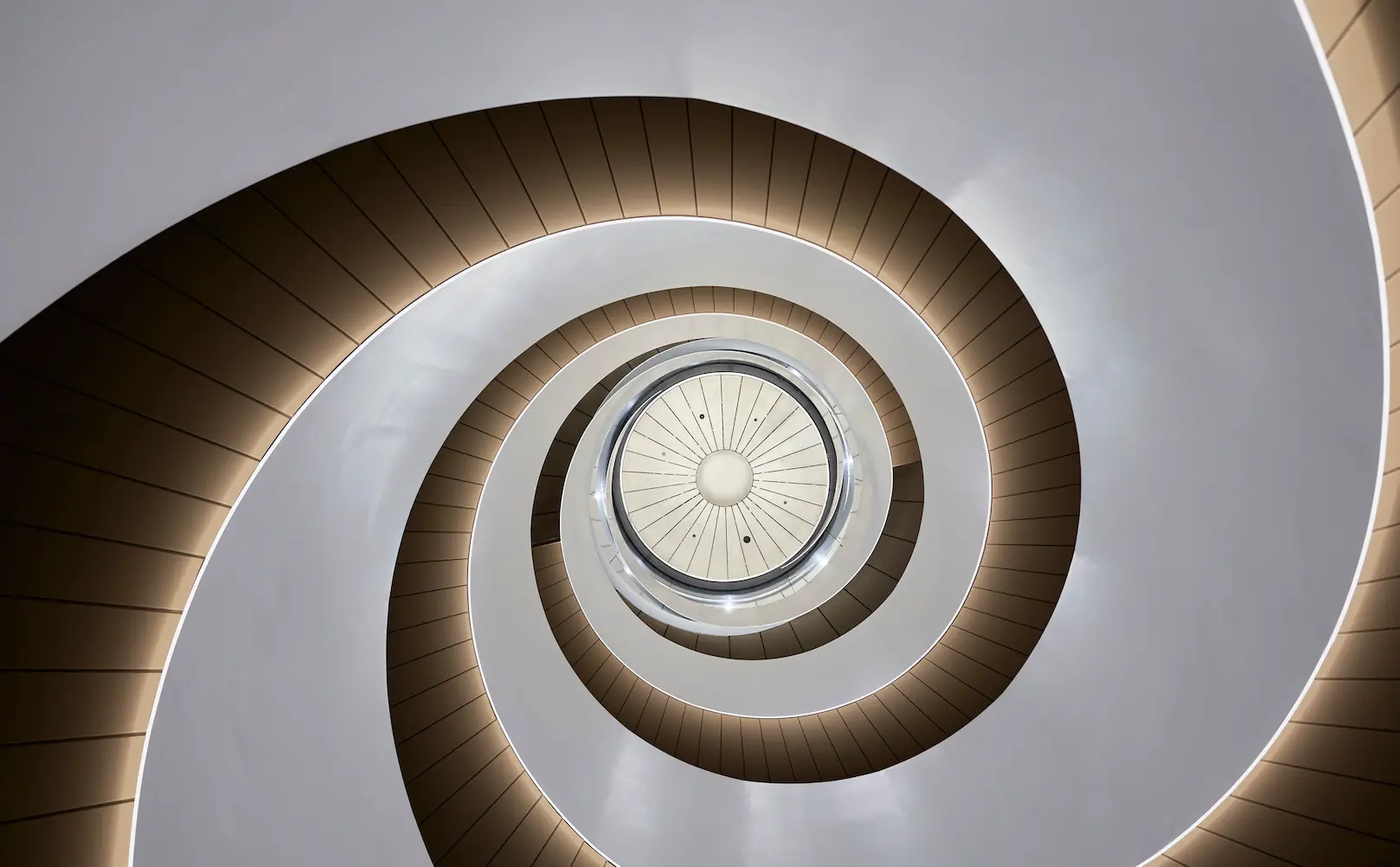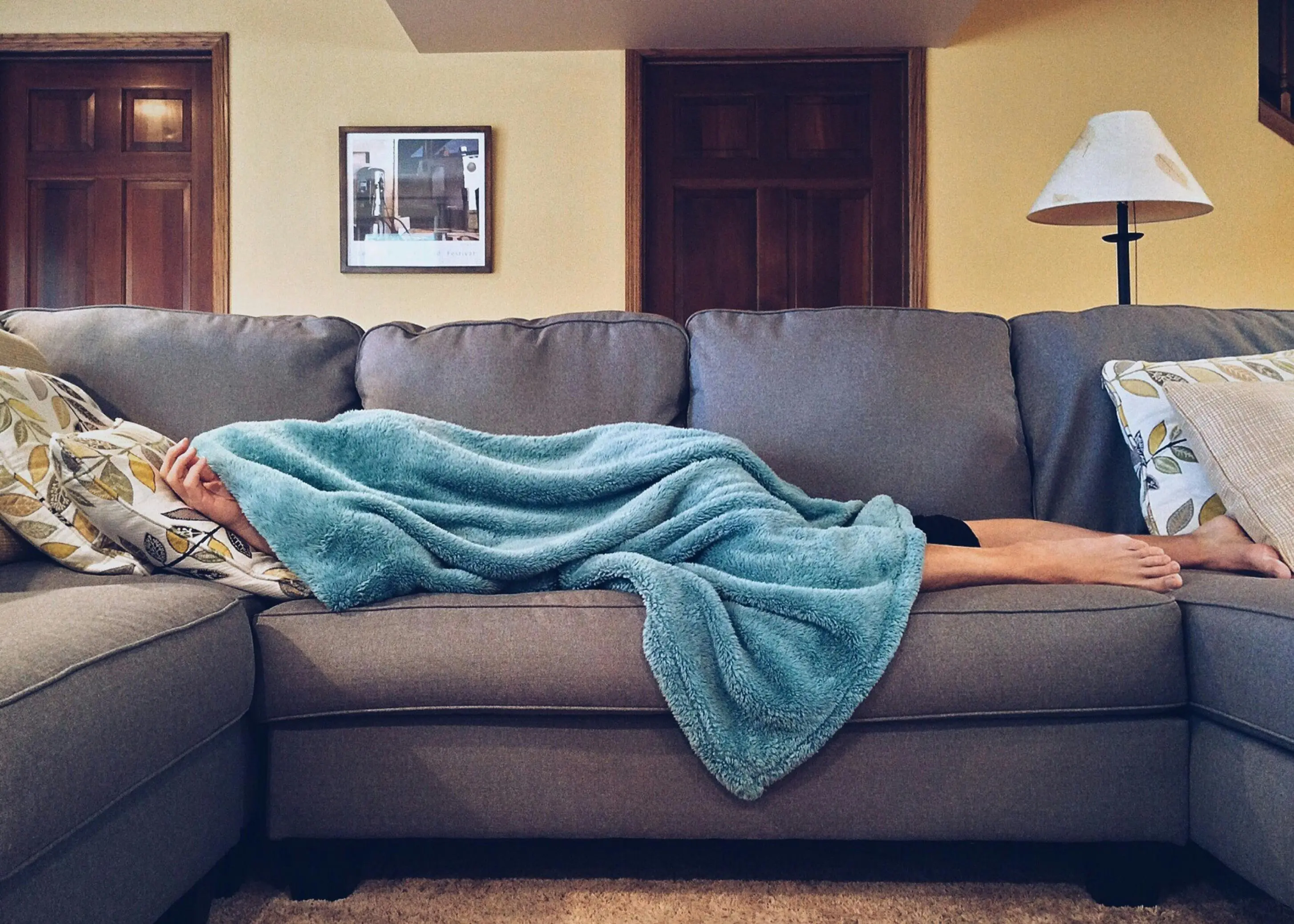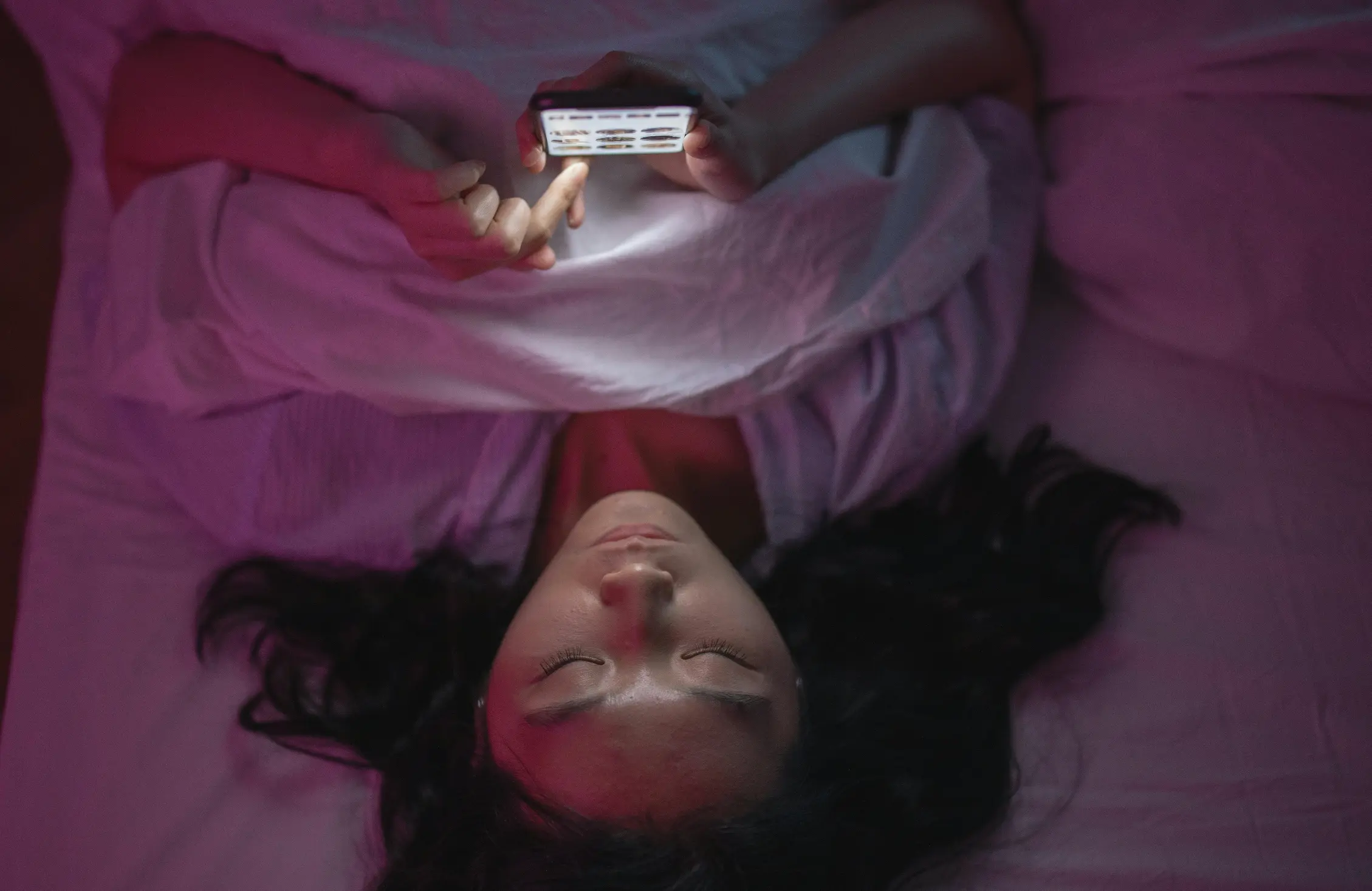Sleep deprivation and stress: the hidden vicious circle
Explore how sleep deprivation and stress affect each other — and what you can do to break the invisible spiral that holds you back in everyday life.

Introduction
Sleep deprivation and stress are two of the biggest health challenges of our time.
They affect everything from focus and energy to emotional well-being.
But what many do not know is that they also reinforce each other in a vicious circle that is difficult to get out of.
When you sleep less, stress increases -- and when you get more stressed, it becomes even harder to sleep.
In this article, we go over what happens in the body, why this particular combination is so challenging, and what steps you can take to create a more balanced everyday life.
What happens in the body in case of lack of sleep and stress?
When you sleep too little, both body and mind react on multiple levels.
You become more sensitive to impressions, and small things can feel bigger than they are.
The stress system stays active longer than necessary, making it difficult for the body to unwind.
The sympathetic nervous system is running high
Stress activates the body's “gas,” which makes you alert but also more tense and connected.
When this system is active too often, it becomes difficult to find a way back to calm and recovery.
Hormones are affected by both stress and sleep deprivation
When you sleep less than you need, your body's rhythms are easily disturbed.
It affects, among other things, the regulation of hunger, energy levels and emotional balance.
With prolonged stress, this effect is amplified, and the body may find it difficult to find a natural pace.
Why stress leads to worse sleep - and vice versa
Sleep deprivation and stress create a spiral in which both reinforce each other.
The less you sleep, the more reactive the body becomes to stress.
And the more stress you experience, the harder it will be to fall asleep or sleep undisturbed.
Thoughts run high when you're going to sleep
Stress makes it harder to unwind mentally.
Many people recognize the feeling of lying down tired, but suddenly become lucid when the head begins to spin.
It is a clear sign that the nervous system is still active.
Sleep quality drops even if you fall asleep
Stress can make sleep shallower and more fragmented.
That means fewer periods of deep rest, which affects energy during the day and makes it harder to deal with new moments of stress.
Signs ou're stuck in the hidden vicious circle
It is common not to notice how much sleep deprivation and stress affect each other until everyday life begins to feel heavy.
Here are some common signals:
- Difficult to relax despite fatigue
- Thoughts that spin in the evening
- Unsteady mood or harder to manage emotions
- A constantly “on” mode
- Decreased energy and focus during the day
Recognizing the signals is the first step to breaking the pattern.

How to break the spiral - practical and research-based strategies
It is possible to regain balance, and it does not have to be complicated.
Often it is a matter of small habits that together make a big difference.
1. Create routines that signal recovery
The body loves rhythm.
By keeping regular sleep times and creating a quiet evening routine, it will be easier to unwind.
It could be slacking down, reading, or focusing on calm breaths.
2. Prioritize small breaks during the day
Shorter microbreaks help the nervous system return to a calmer mode.
It can be a matter of walking away from the screen for a few minutes or taking a short walk.
3. Support the body with the right nutrients
When stress levels are higher than usual, nutrients are used more quickly.
Providing the body with an even nutritional intake can therefore help it stay in balance.
Relivo can be a smooth way to provide the body with stable daily support, as the product is developed for energy, recovery and general well-being.
It is designed to be easy to take every day, even when life is at a high pace.
4. Create friction between screen and sleep
Light from screens can affect the body's evening rhythm and make it harder to unwind.
Reducing screen time one hour before bedtime increases the chances of more restful sleep.
5. Give yourself a quiet start to the day
How the morning starts often affects the rest of the day.
Try starting with a few minutes of calm before plunging into the demands of the day.
It helps the body find a more stable rhythm.
Relivo's role in a balanced everyday life
Relivo is developed for those who want to give the body a smart overall support — especially when stress and fatigue challenge your everyday life.
Relivo's formulation consisting of collagen, plant extracts, vitamins, and minerals is designed to fit into an active lifestyle where recovery is as important as performance.
When you support your body's daily functions, it becomes easier to create an environment where both sleep and stress levels can stabilize over time.
Summary
Sleep deprivation and stress are a challenging combination, but it is possible to break the spiral.
By understanding how the body reacts, creating everyday routines that promote calm and provide the body with proper nutrition, you build the conditions for more energy and more stable days.
Small steps can make a big difference, and it's never too late to start.
Sources
National Sleep Foundation
American Psychological Association
Harvard Medical School — Division of Sleep Medicine
Karolinska Institutet — Research on sleep and stress
Journal of Sleep Research
Sleep Medicine Reviews











